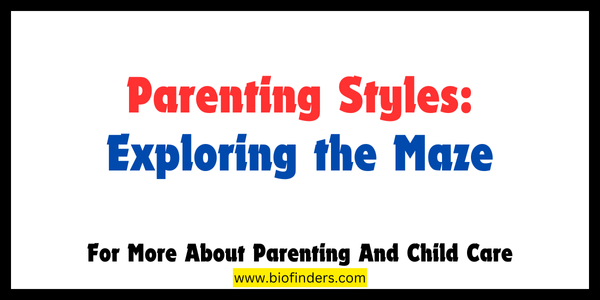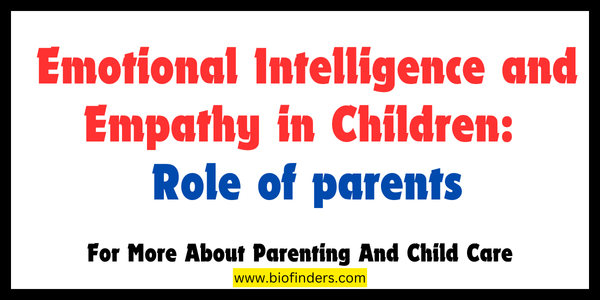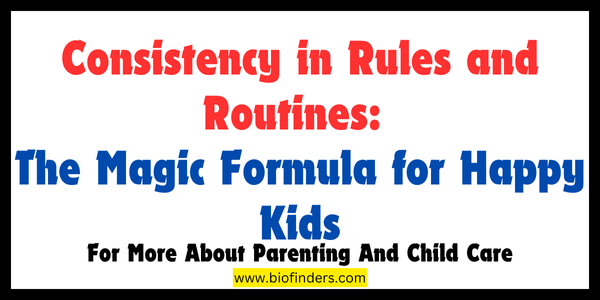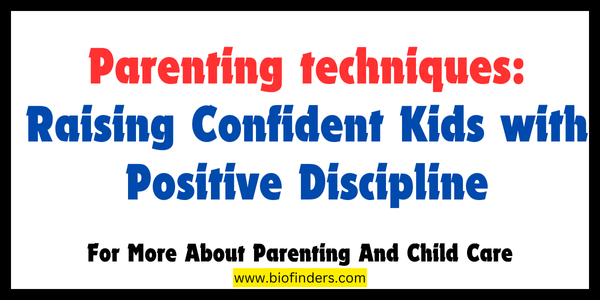Every parent develops their own unique approach, but these often fall within four main categories of parenting styles: authoritative, authoritarian, permissive, and uninvolved. Understanding these styles and their potential impact can be a valuable tool in your parenting toolbox.
The Four Parenting Styles: A Deep Dive
1. Authoritative Parenting: The Goldilocks Approach of Parenting styles
Authoritative parents strike a balance between warmth and control. They set clear expectations, provide consistent rules, and explain the reasoning behind them. However, they also encourage open communication, listen to their children’s perspectives, and are open to negotiation when appropriate.
- Benefits: Children raised by authoritative parents tend to be:
- Self-confident and independent
- Strong decision-makers
- Good at self-regulation
- Have positive social skills
- Drawbacks:
- This style requires a lot of time and effort from parents.
- Setting boundaries and having open communication can be challenging, especially with strong-willed children.
2. Authoritarian Parenting: Rules Reign Supreme
Authoritarian parents prioritize obedience and respect for authority. They have strict rules and high expectations, but often without explanation. Discipline can be harsh, and there’s little room for negotiation.
- Benefits:
- Children may excel in structured environments and follow rules well.
- This style can be effective in promoting self-discipline in younger children.
- Drawbacks:
- Children may lack self-confidence and independence.
- They may struggle with decision-making and problem-solving skills.
- Communication can be strained, leading to potential resentment.
3. Permissive Parenting: A Land of “Yes”
Permissive parents are often lenient with rules and expectations. They prioritize their child’s happiness and avoid conflict. While they may be nurturing and loving, they often struggle to set boundaries or enforce consequences.
- Benefits:
- Children may feel loved and accepted for who they are.
- This style can foster creativity and open communication.
- Drawbacks:
- Children may struggle with self-control and delayed gratification.
- They may lack the ability to handle frustration or take responsibility for their actions.
- Difficulty with authority figures can arise later in life.
4. Uninvolved Parenting: When Distance Becomes the Norm
Uninvolved parents, also known as neglectful parenting styles, are emotionally and physically distant from their children. They provide minimal guidance, support, or discipline. This can be due to various factors, such as mental health struggles, substance abuse, or lack of parental skills.
- Benefits:
- There are very few, if any, positive aspects to this parenting style.
- Drawbacks:
- Children raised in neglectful environments are at a high risk of emotional, social, and academic problems.
- They may struggle with self-esteem, attachment issues, and forming healthy relationships.
Beyond the Labels: Understanding the Nuances
It’s important to remember that these categories are not rigid boxes. Most parents exhibit characteristics from several parenting styles, and their approach can adapt based on the situation and the child’s age.
For example, an authoritative parent might use more permissive techniques with a young child and gradually shift towards a more authoritative approach as the child matures. Additionally, cultural background can influence parenting styles. Some cultures may emphasize respect for elders and stricter discipline, while others prioritize open communication and child-led learning.
Finding Your Parenting Compass: Tips for Success
There’s no single “best” parenting style. The ideal approach is the one that best suits your child’s temperament, your family values, and your own personality. Here are some tips to navigate the parenting maze:
- Know Your Values: What are the qualities you want to cultivate in your child?
- Consider Your Child’s Temperament: Some children thrive on structure, while others need more freedom to explore.
- Be Flexible: Adapt your approach as your child grows and develops.
- Focus on Communication: Create a safe space for open and honest dialogue.
- Seek Support: Don’t be afraid to ask for help from other parents, educators, or mental health professionals.
Remember, parenthood is a journey of continuous learning. By understanding the different parenting styles and their potential impact, you can equip yourself with the tools to raise well-rounded, happy, and healthy children.




Leave a Reply